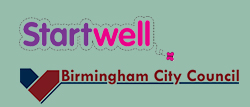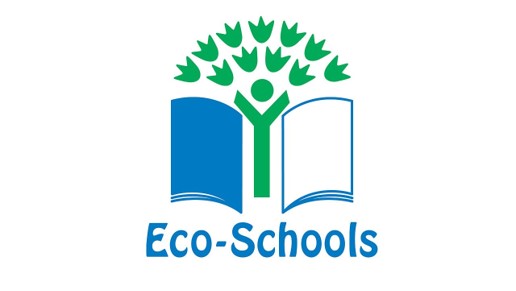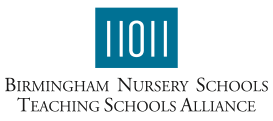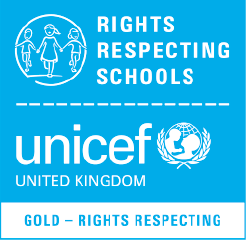School Strengths and Priorities
Home -> About Us -> School Strengths and Priorities
Our Strengths
|
1. The curriculum
- Plan for a wide range of stimulating learning experiences
- Core Book curriculum, with clear learning intentions and a focus on teaching specific vocabulary
- Outdoor learning - contact with the natural world, physical activity, freedom & movement
- Forest School - self-regulation; self-confidence; co-operation; communication; problem-solving skills; and an understanding of and respect for nature and the environment.
- Eco school – learning about our impact upon the environment
- Groovy Little Mover sessions develop self regulation, listening and attention, physical awareness
- Learning about food – exploring ingredients, growing, cooking, tasting
- Trips and visitors – farm, library, visitors reading stories for cultural celebrations
2. The way teaching supports children to learn
- Balance of child led, adult initiated and adult led learning
- Learning environment facilitates independence and decision making.
- Key persons know their children very well through observation & plan for next steps which build on what children know & understand
- Our curriculum is inclusive, designed to meet the needs of all children
- Positive relationships with parents and families developed through our key group system.
- Parents are involved in their children’s learning through regular communication, home visits, Tapestry on line learning journeys, newsletters, website, Facebook, app, consultations, workshops, events and celebrations.
3. The standards children achieve
- Disadvantaged children make the same excellent progress as their peers
- Staff know their key group very well so that Special Educational Needs & Disabilities are identified as early as possible.
- Parents are involved at the earliest opportunity so that support can be put into place.
- We support children with SEND with targeted support through personalised early support plans
- All staff well trained and use Makaton signs to support language development.
- Our two-year-old provision provides excellent start and children with us for two years often achieve best.
- Almost all children make expected progress or rapid progress from their individual starting points.
4. Children’s behaviour and attitudes
- Children contribute to ‘charters’ that set out agreed expectations for behaviour
- Focus upon identity and diversity through Rights Respecting School approach develops children’s understanding of our diverse community
- We have a strong focus on well being for all of our Goodway community
- All staff are well trained and able to identify signs of abuse, neglect or radicalisation, make referrals and access support as necessary.
- Develop resilience in children, providing emotional safety and security through strong relationships developed by our key group system.
- NSPCC materials to talk to children and parents about staying safe and children and parents report that they feel safe.
- Children learn to assess and take managed risks within a secure environment.
5. The personal development of children
- Our key group system - develops strong relationships with & between children and families.
- Gold Unicef Rights Respecting School Award – teaching children about their rights & rights of others
- Leadership roles develop self confidence: Leader, Eco warrior, Rights champion & Helper
- Support for local food bank and other charities
|
Our Priorities
Curriculum
To continue to reflect upon and develop further our bespoke curriculum, to ensure we are meeting the needs of all children
To continue to provide opportunities to welcome our families into nursery, modelling our early years approach to teaching and learning through play
Equalities
To promote anti racism, celebrate diversity and promote children’s rights
To provide ongoing, high quality CPD to ensure our teaching team develop further their expertise of early learning, with a focus on the prime areas of learning
Well-being
To improve the mental well-being of children and staff through ensuring our school is nurturing, trauma informed and attachment aware
Environment
To continue to develop our indoor and outdoor environmnet to ensure we are inclusive, accessible and representative, celebrating our diverse community
To reduce waste through teaching the children to recycle materials that can be used again and to compost left over food
Continuing priorities
Safeguarding: Safeguarding remains the utmost priority and all staff able to identify and act upon signs of abuse or neglect or radicalisation and make referrals and access support as necessary
PSED, rights & identities: Continue to promote children’s personal, social & emotional development & promote & protect children’s rights & identities and teach children and parents about this (Unicef RRSA)
Teaching & progress: Teaching at least good and often outstanding
Communication & partnership: Ensuring good communication internally & externally, involving parents in their children’s learning & working with parents to ensure attendance in line with national expectations
Healthy lifestyles: Continue to develop children’s awareness of healthy lifestyles & our impact upon the world










